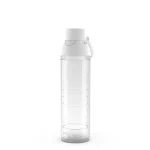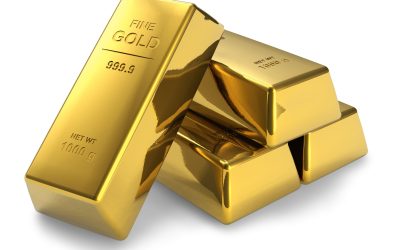Dental offices deal with significant amounts of precious metals from crowns, fillings, bridges, and orthodontic appliances. Rather than letting those valuable materials sit idle, many dentists now sell dental scrap to dental gold refiners to recover extra revenue. But to get the best payouts, you need to understand dental gold value drivers.
Get ready for yourself as we will explore the key factors determining returns to maximize what you earn when selling dental gold for refinement.
Verify Karat Fineness
Dental gold alloy contains pure gold blended with metals like silver, copper, and platinum. Karat rating indicates gold purity from 8K to 24K. Knowing exact karat and composition helps refiners properly assay value.
Have materials analyzed or get karat markings from your dental lab. Higher-karat dental gold has a higher melt value.
Weigh items precisely.
Precise weights of each lot are critical—group items in separate batches by karat rating. Precision scales ensure accurate weights for calculating gold content and payouts. Even minor weighing errors can impact the value.
Account for All Scraps
Keep and sell all scrap gold bits from grindings, filings, flakes, and dust. While individually tiny, these add up in volume and value. Many refiners can now recover gold from powders. So don’t leave anything behind.
Compare Quotes
Get multiple bids from dental gold refiners to compare payout offers. Look beyond the melt value to get entire resale value percentages. Reputable refiners like us provide instant online quotes for your dental gold.
Review security standards.
Know how your items are secured, tracked, and handled. Look for refiners with fully insured shipping, vault storage, assay tracking, and a chain of custody. Security protects your assets.
Understanding these dental gold value drivers enables you to maximize what you earn. As leading dental gold refiners, Bay Area Metals adhere to the industry’s highest customer service, payouts, and security standards.








